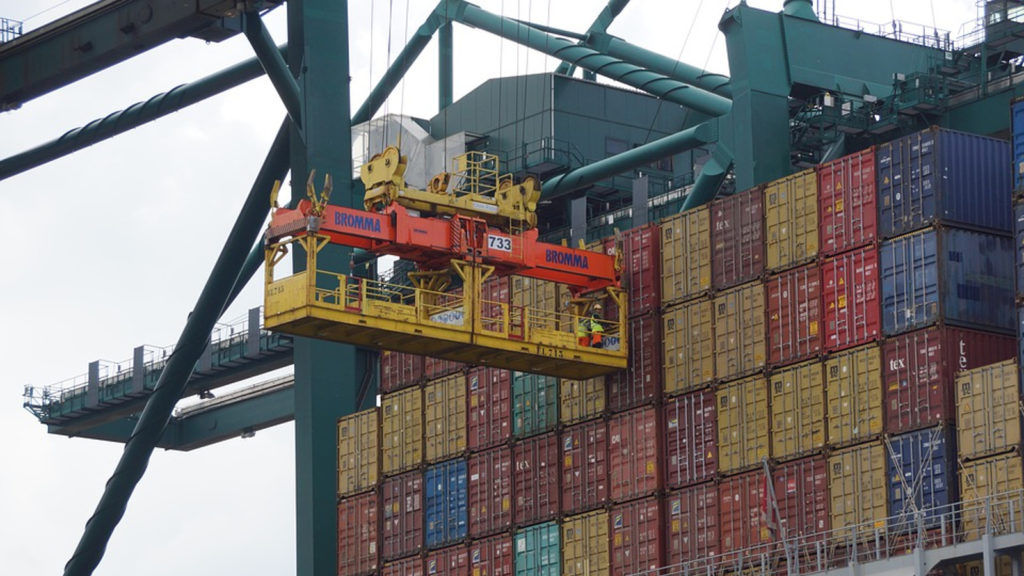Chinese consumer electronics company Honor is set to unveil its latest lineup of smart devices for the South African market. How about we forecast…
The impact of big data on the logistics sector

Businesses both large and small are drawing on the information available from “big data” to help streamline and improve what they do.
Data collected by smart phones, sensors and other sources play an increasingly important role in helping products and services to evolve and to help companies gain a competitive advantage.
With this in mind, here we explore the impact of big data on the logistics sector.
Electronic on board recorders
Electronic on-board recorders (EOBR) are now commonplace in the logistics sector and capture a range of data as a vehicle is in operation.
Driver hours and maintenance information are examples of the type of data they collect and in doing so EOBR’s represent a more efficient and cost-effective solution than traditional methods, where records were made manually.
For businesses, this means that logistics providers such as TNT are able to manage their deliveries far more efficiently and therefore impact positively on the customer experience and satisfaction levels.
RFID technology
Radio frequency identification (RFID) tags and readers are used to track goods and shipments as they travel through the supply chain. Tags are applied whilst the items are being stored and the signals being transmitted are used to build digital inventories.
The items can then be monitored whilst in transit and relay important information to businesses and their customers as to the items logistical progress.
The use of RFID technology has made the business of managing the supply chain much quicker and more accurate, the scope for human error, for example, has been dramatically reduced by the technology.
GPS and last mile efficiency
Generally speaking, the final stage of the shipping process or “last mile” as it is often referred to, is the most expensive aspect of logistics that companies have to wrestle with.
Individual items being delivered to unique addresses, throws up a host of challenges, such as traffic and weather conditions. The big data that is available from technology such as GPS has helped streamline this process greatly and therefore brought down the cost of last mile logistics.
As more and more big data has become available it has had another type of impact on the logistics sector. Not only has big data made the sector more efficient, it has also made it more competitive and those companies who are able to implement new technology the quickest are those who are most likely to see a significant impact in terms of a return on investment.
Featured image: HesselVisser via Pixabay (CC0 Creative Commons)
Company Office is a subscription-based press office service.


